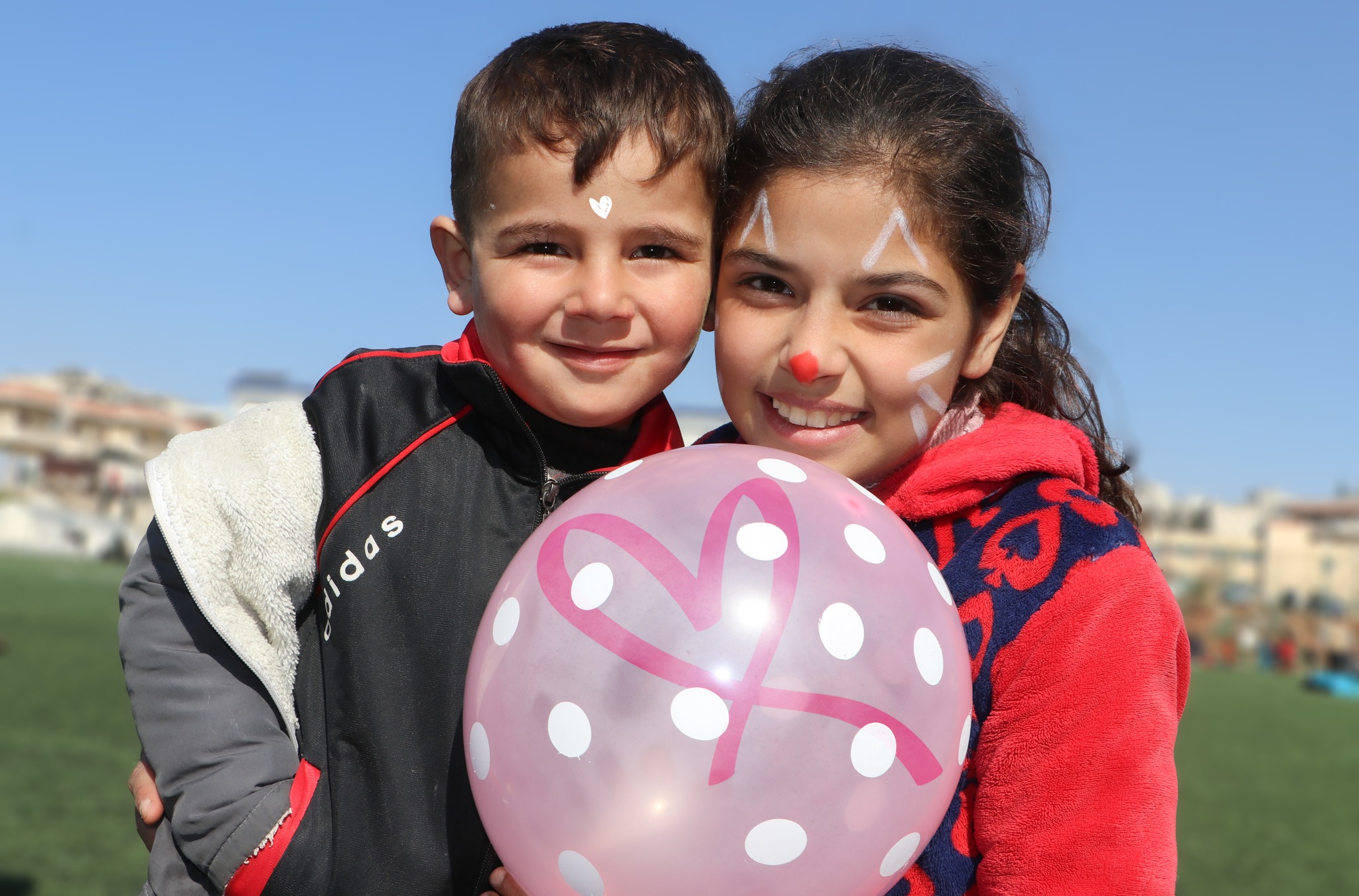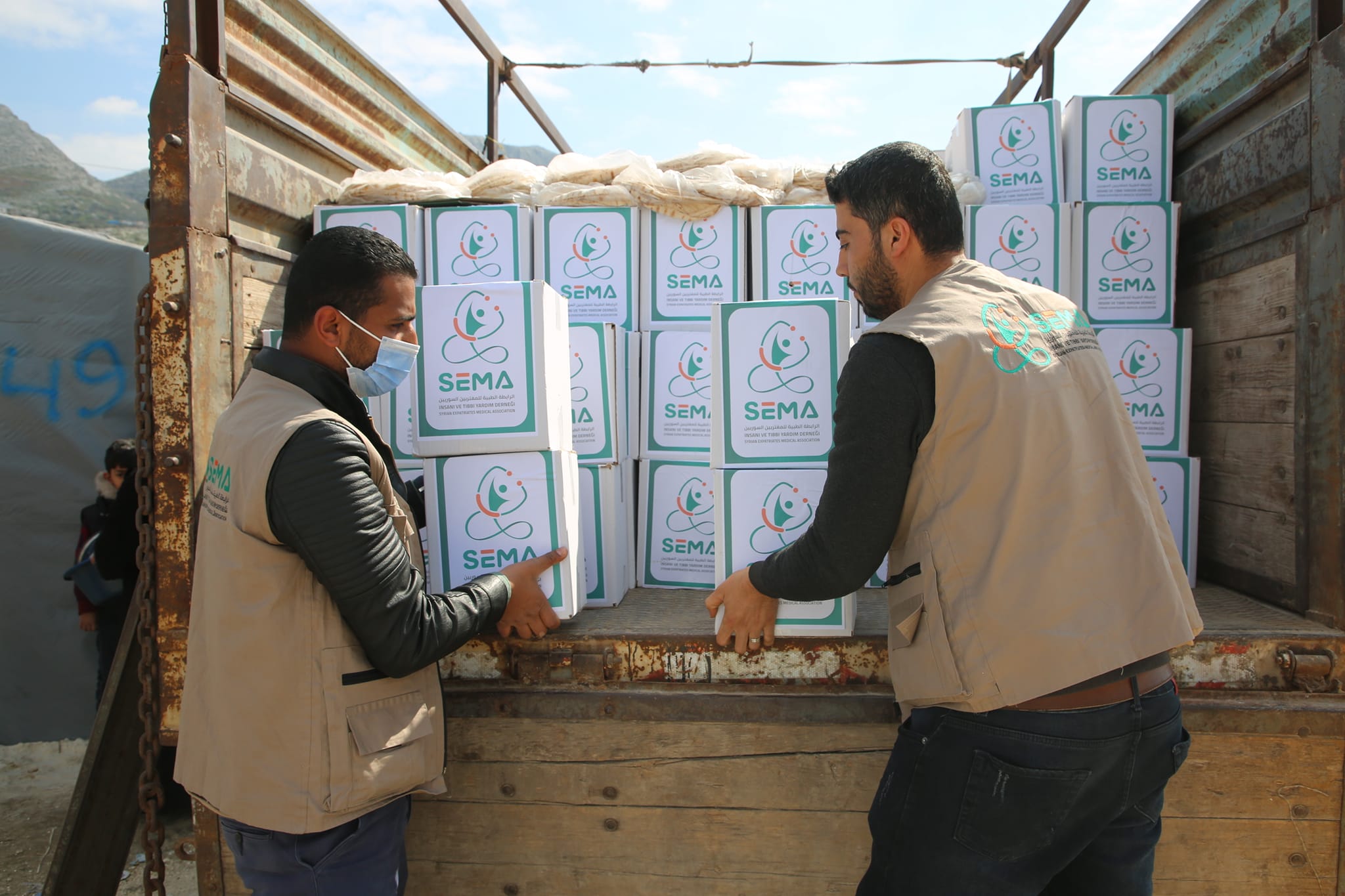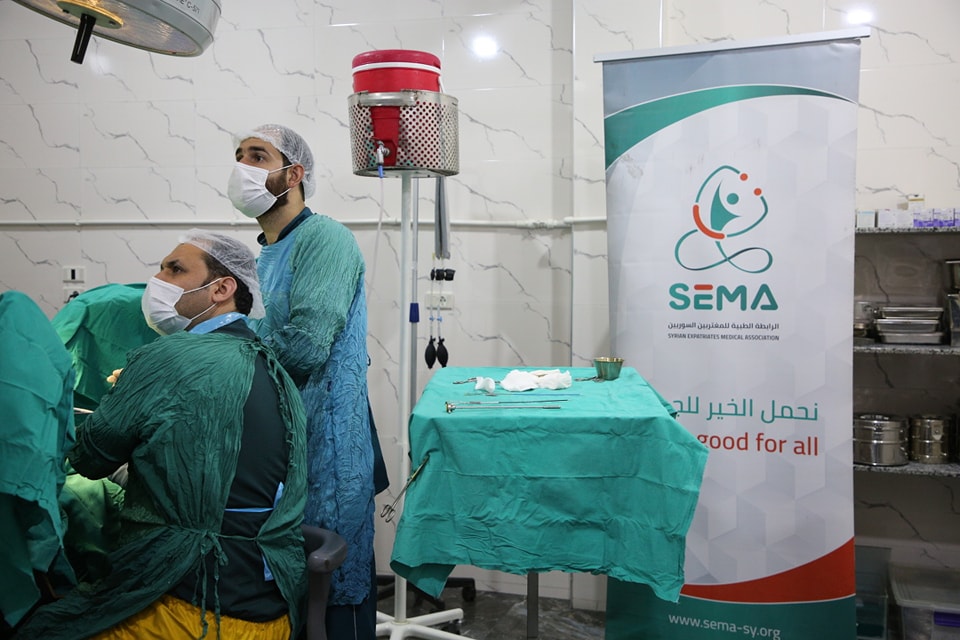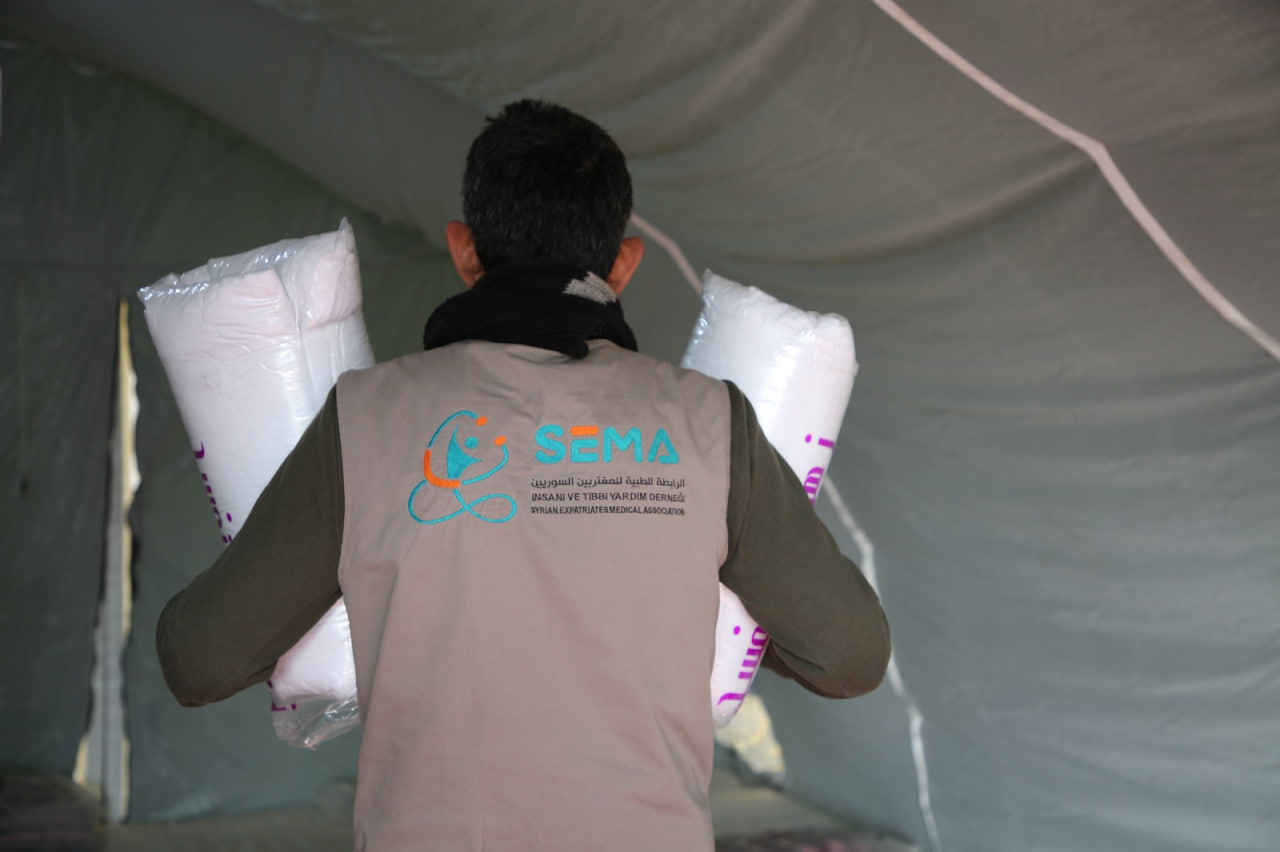The divine correlation between prayer and Zakat in Islam reflects its paramount significance. Zakat, the third pillar of Islam, is an obligation for every eligible Muslim, forming a sacred bond between individual responsibility and communal welfare.
Allah (SWT) said in the Holy Qur’an:
“Establish prayer and pay alms-tax. Whatever good you send forth for yourselves, you will ˹certainly˺ find ˹its reward˺ with Allah. Surely Allah is All-Seeing of what you do” [Surah Al-Baqarah: 110].
In this article, we delve into the essence of Zakat, exploring its fundamentals, prerequisites, and pivotal role in SEMA’s initiatives dedicated to aiding afflicted Muslim communities.
Understanding Zakat al Mal
Zakat al Mal, often referred to simply as ‘Zakat,’ constitutes a significant Muslim duty. It symbolizes the growth, increase, and purification of wealth in Arabic.
Serving as a means of cleansing and blessing a Muslim’s money, Zakat represents a specific amount of wealth taken under particular conditions and designated for specific recipients at a prescribed time.
Legally, Zakat is an obligatory act in Islam, rewarding those who fulfill it while penalizing those who neglect it. It serves as a right for the impoverished and shields the financial assets of Muslims.
Zakat al Mal is an annual obligation, amounting to 2.5% of an individual’s net wealth held for a year, encompassing currency, gold, silver, and property. It applies once a Muslim reaches a financial threshold known as nisab; otherwise, it is not obligatory.
Nisab Value – What is Nisab?
The Nisab for Zakat al Mal represents the threshold value mandating the payment of Zakat. It equates to either 85 grams of pure gold or 595 grams of silver in worth.
Calculating the monetary equivalent of the nisab involves a simple formula:
(The price of a gram of gold × 85 = the nisab value).
The punishments for not paying Zakat
The repercussions for neglecting this duty are severe; Withholding zakat is considered a grave transgression against the rights appointed by Allah.
The Caliph Abu Bakr Al-Siddiq waged war against those who refused to pay Zakat, highlighting its significance in Islamic principles.
Narrated Abu Huraira: Allah’s Messenger (PBUH) said:
“Anyone whom Allah has given wealth but he does not pay its Zakat, then, on the Day of Resurrection, his wealth will be presented to him in the shape of a bald-headed poisonous male snake with two poisonous glands in its mouth, and it will encircle itself round his neck and bite him over his cheeks and say, “I am your wealth; I am your treasure.”
Then the Prophet (PBUH) recited this Divine Verse: — “And let not those who covetously withhold of that which Allah has bestowed upon them of His Bounty.”[Surah Ali’ Imran 3:180]. [Sahih al-Bukhari 4565].
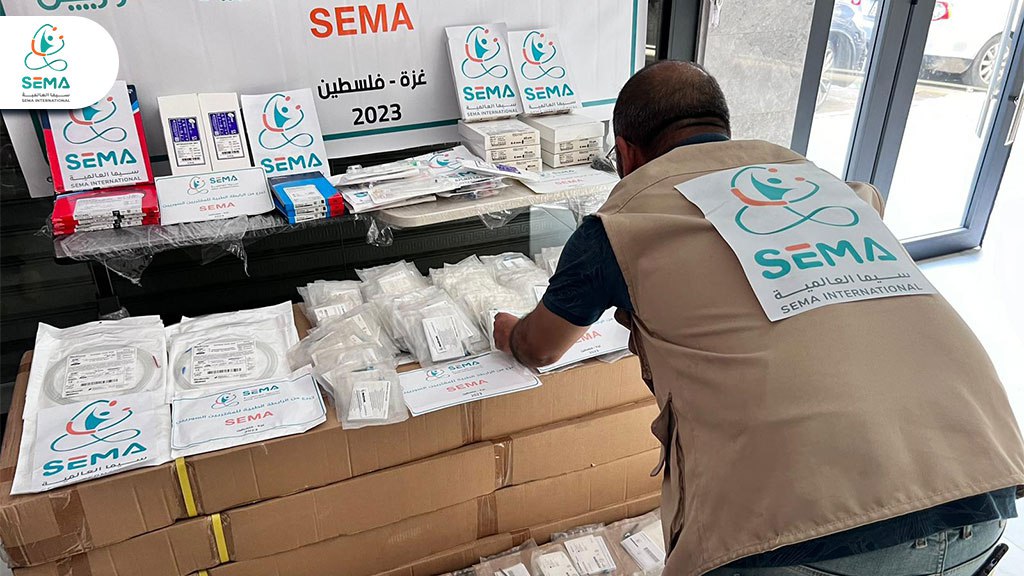
The Eligibility Criteria for Zakat al Mal Recipients
Allah (SWT) has delineated 8 categories of individuals eligible to receive Zakat al Mal, as elucidated in the Holy Qur’an in His saying:
“Alms-tax is only for the poor and the needy, for those employed to administer it, for those whose hearts are attracted ˹to the faith˺, for ˹freeing˺ slaves, for those in debt, for Allah’s cause, and for ˹needy˺ travellers. ˹This is˺ an obligation from Allah. And Allah is All-Knowing, All-Wise.” – [Surah At-Tawbah, 9:60].
- Poor People (Fuqaraa): Those with minimal, unstable incomes, lacking sufficient funds for basic living.
- Needy People (Masakeen): Similar to the poor, yet slightly better off, as they have more than half of what they require, but still insufficient.
- Zakat Collector (Aamileen): Responsible for receiving, organizing, and delivering Zakat funds to eligible recipients.
- Those Who Have a Reconciliation of Heart (Muallafatul Quloob): Aid is given to strengthen or reconcile hearts towards Islam and pay Zakat to non-Muslims, especially influential individuals, to incline them toward Islam.
- To Free those in Bondage (Ar-Riqaab): It is permissible to use Zakat money to free enslaved Muslims or captives.
- The Debt-Ridden (Al Ghaarimeen): Eligible if the debt is permissible and necessary, and the individual cannot repay within the deadline.
- For the Cause of Allah (Fi Sabeelillah): Allocating Zakat funds for fighters protecting Islam and volunteers in Muslim armies is obligatory.
- Wayfarers (Ibn al-Sabil): Traveler stranded without means to complete the journey, permissible to aid using Zakat funds, regardless of their wealth in their homeland.
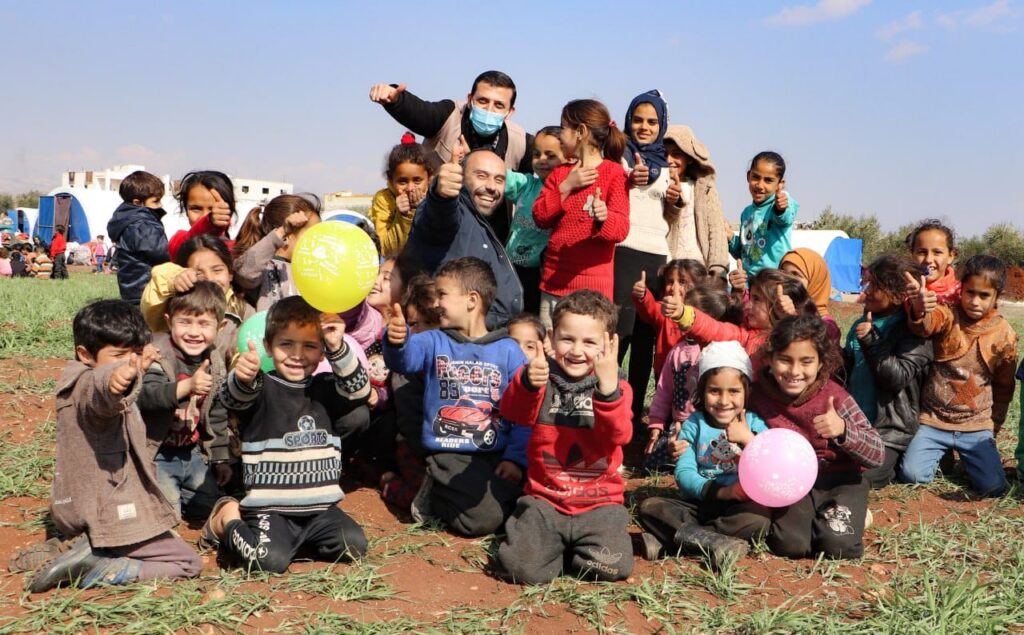
The Multiplying Effects of Zakat
Zakat embodies far-reaching effects beyond financial aid. Its spiritual significance is profound, purifying the soul and enhancing one’s connection with Allah.
Socially, Zakat strengthens societal bonds, fostering equality and justice while nurturing a sense of communal support.
SEMA channels Zakat to empower vulnerable communities, extending beyond healthcare to address holistic needs.
This multi-dimensional approach not only supports individuals but also strengthens community ties, reflecting the true essence of Zakat in transforming lives and nurturing a more compassionate society.
SEMA’s Engagement with Zakat al Mal
We showcase a firm commitment to leveraging Zakat al Mal to enhance the lives of countless individuals. Recognizing its eligibility to receive these sacred funds, SEMA faithfully integrates Zakat into its robust humanitarian programs.
With the critical support from Zakat contributions, we provide extensive medical assistance to thousands daily, including:
- Free high-quality surgical operations.
- Vital medications.
- Diagnostic tests.
- Consultations.
- Essential x-ray services.
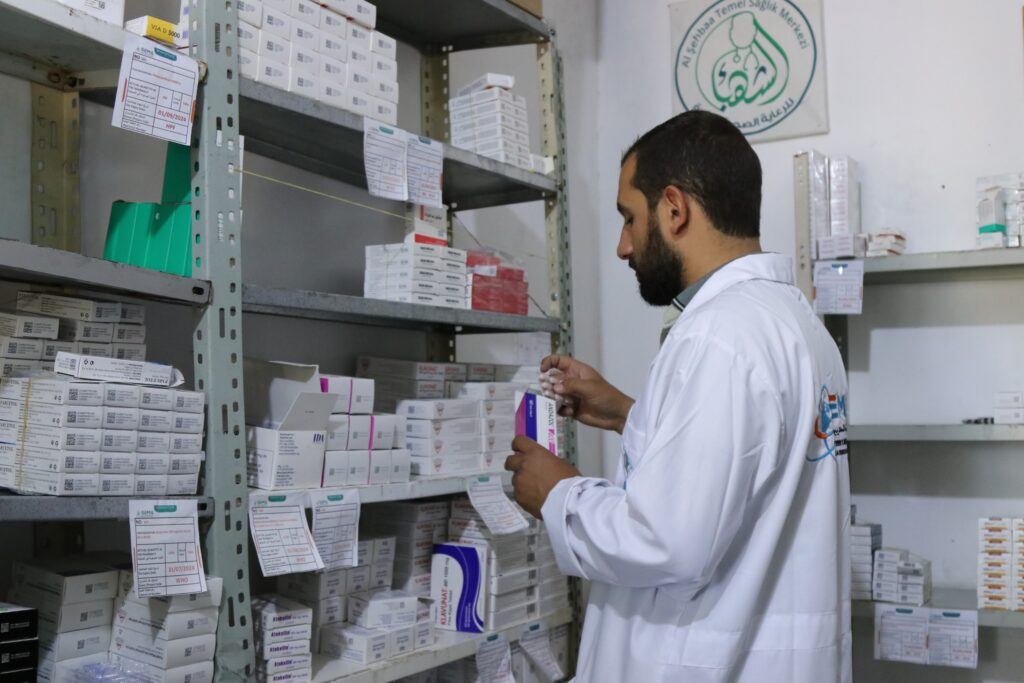
How to Contribute Your Zakat al Mal to SEMA
At the culmination, we extend a heartfelt call for your generous donations of Zakat. Your contribution can make an immense difference in the lives of millions of displaced and impoverished Muslim individuals, particularly women and children, residing in refugee camps.
Their plight, marked by poverty, hunger, fear, and indignity, necessitates our urgent support. The Prophet Muhammad (PBUH) said, “The believers in their mutual kindness, compassion, and sympathy are just like one body. When one of the limbs suffers, the whole body responds to it with wakefulness and fever”. [Al-Bukhari and Muslim].
Our longstanding commitment spans over 12 years, offering relief and healthcare solutions. With your help, we endeavor to address the pressing needs of refugees, including vital healthcare, sustenance, shelter, and clothing, thereby striving to alleviate their plight and enhance their quality of life.
Join hands with SEMA in extending compassion and aid to those in dire need!
FAQ
What percentage of my wealth is due as Zakat al Mal?
Zakat al Mal amounts to 2.5% of one’s net wealth, payable annually to those eligible for Zakat.
How does SEMA ensure that Zakat funds are used effectively?
SEMA assures the effective use of Zakat funds through transparent systems, ensuring they are allocated to healthcare, relief services, and programs benefiting the needy and refugees, maintaining accountability and impact assessment.
Can non-Muslims contribute to SEMA?
Yes, non-Muslims are welcome to contribute to SEMA’s humanitarian efforts, providing support for healthcare, relief services, and initiatives aiding vulnerable communities.
How can I calculate my Zakat al Mal easily?
Calculating Zakat al Mal is relatively straightforward. You can compute it by determining 2.5% of your total wealth (cash, gold, silver, investments, etc.).
You can calculate it through the Zakat calculator on our website.
Read More
The Different Types of Kaffarah
Ramadan Zakat: Fulfilling Your Obligation and Helping Those in Need
Zakat and Healthcare: SEMA’s Healing Hands
Zakat al Mal Decoded: Impact on SEMA’s Mission
Zakat for Empowerment: SEMA’s health education Programs
Sadaqah and Sustainable Development: SEMA’s Vision


